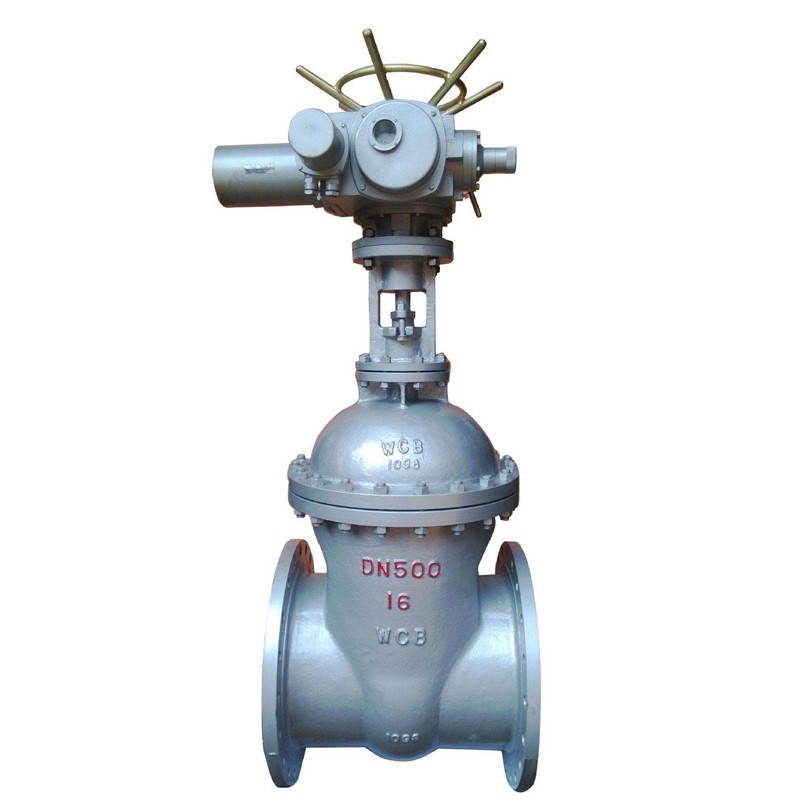What Is A Gate Valve Used For: A Guide For Water Applications
2024-03-12
Gate valves are commonly used in water applications for controlling the flow of water within piping systems. Here's a comprehensive guide on the purpose and applications of gate valves in water systems:

1. Flow Control: Gate valves are primarily used to control the flow of water within a piping system. They can be fully opened or fully closed, allowing for precise regulation of water flow rates. When fully open, gate valves offer minimal obstruction to flow, enabling high flow capacities.
2. On/Off Functionality: Gate valves are designed for on/off service rather than flow regulation. They are typically used in applications where the flow of water needs to be completely shut off or allowed to flow freely without restriction.
3. Isolation: Gate valves are commonly used for isolation purposes, meaning they are installed in sections of the piping system to isolate or block off certain segments. This allows for maintenance, repairs, or modifications to be performed on specific sections of the system without affecting the entire system.
4. Low Pressure Drop: Gate valves offer low pressure drop when fully open, which means they cause minimal resistance to water flow. This characteristic makes them suitable for applications where maintaining high flow rates and minimizing pressure loss are important considerations.
5. Straight-Through Flow: Gate valves provide a straight-through flow path when fully open, without any bends or changes in direction. This feature minimizes turbulence and pressure drop, making gate valves well-suited for applications requiring smooth and efficient water flow.
6. Bi-Directional Flow: Gate valves are capable of handling bi-directional flow, meaning they can control the flow of water in both directions. This versatility allows for flexible installation and operation in various water distribution and treatment systems.
7. Resilient Sealing: Gate valves typically feature resilient seat seals, such as rubber or elastomer materials, which provide effective sealing against leakage when the valve is fully closed. This ensures tight shut-off and prevents water from leaking past the valve when it is not in use.
8. Durable Construction: Gate valves are often constructed from robust materials such as cast iron, ductile iron, bronze, or stainless steel, making them durable and suitable for long-term use in water applications. They are resistant to corrosion, abrasion, and wear, ensuring reliable performance even in harsh environments.
In summary, gate valves play a vital role in water applications by providing precise flow control, isolation, and on/off functionality. Their low pressure drop, straight-through flow path, and bi-directional flow capability make them well-suited for a wide range of water distribution, treatment, and supply systems. Proper selection, installation, and maintenance of gate valves are essential to ensure optimal performance and longevity in water applications.


